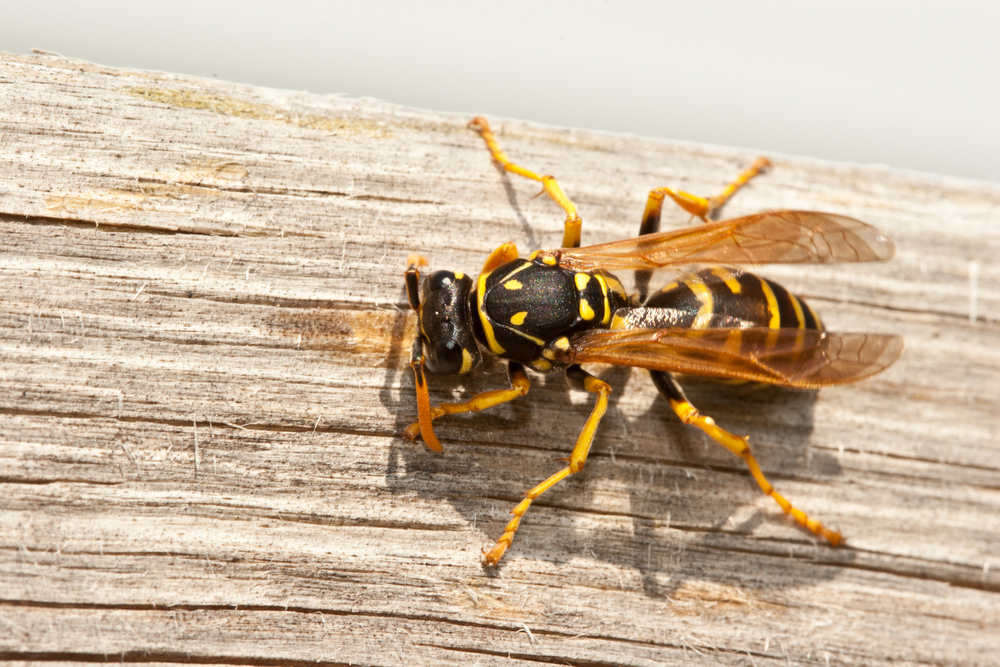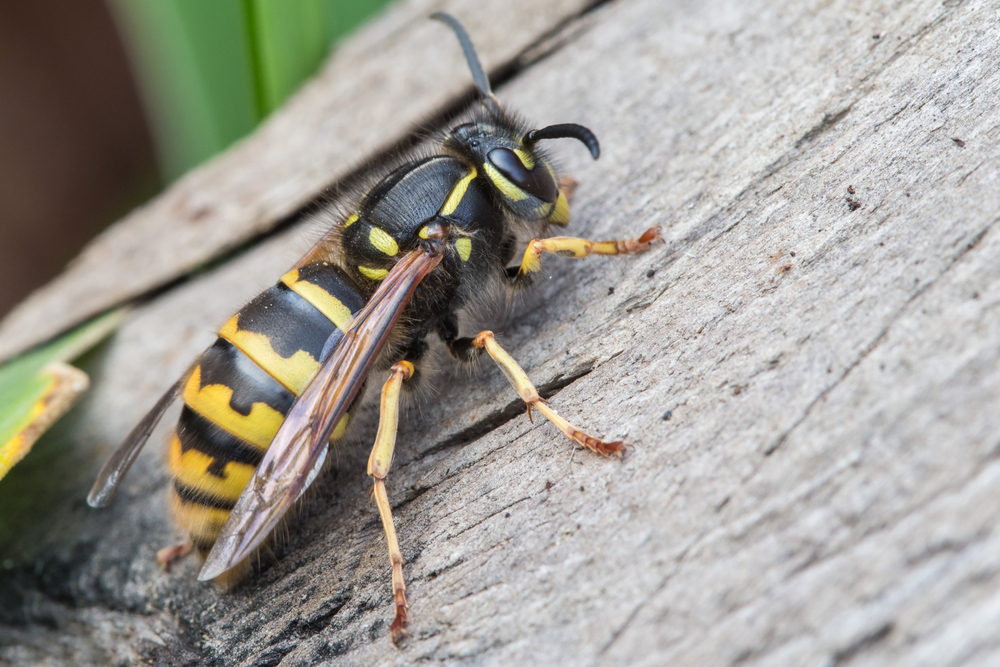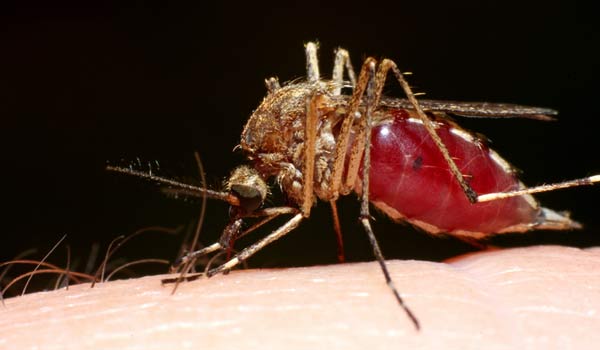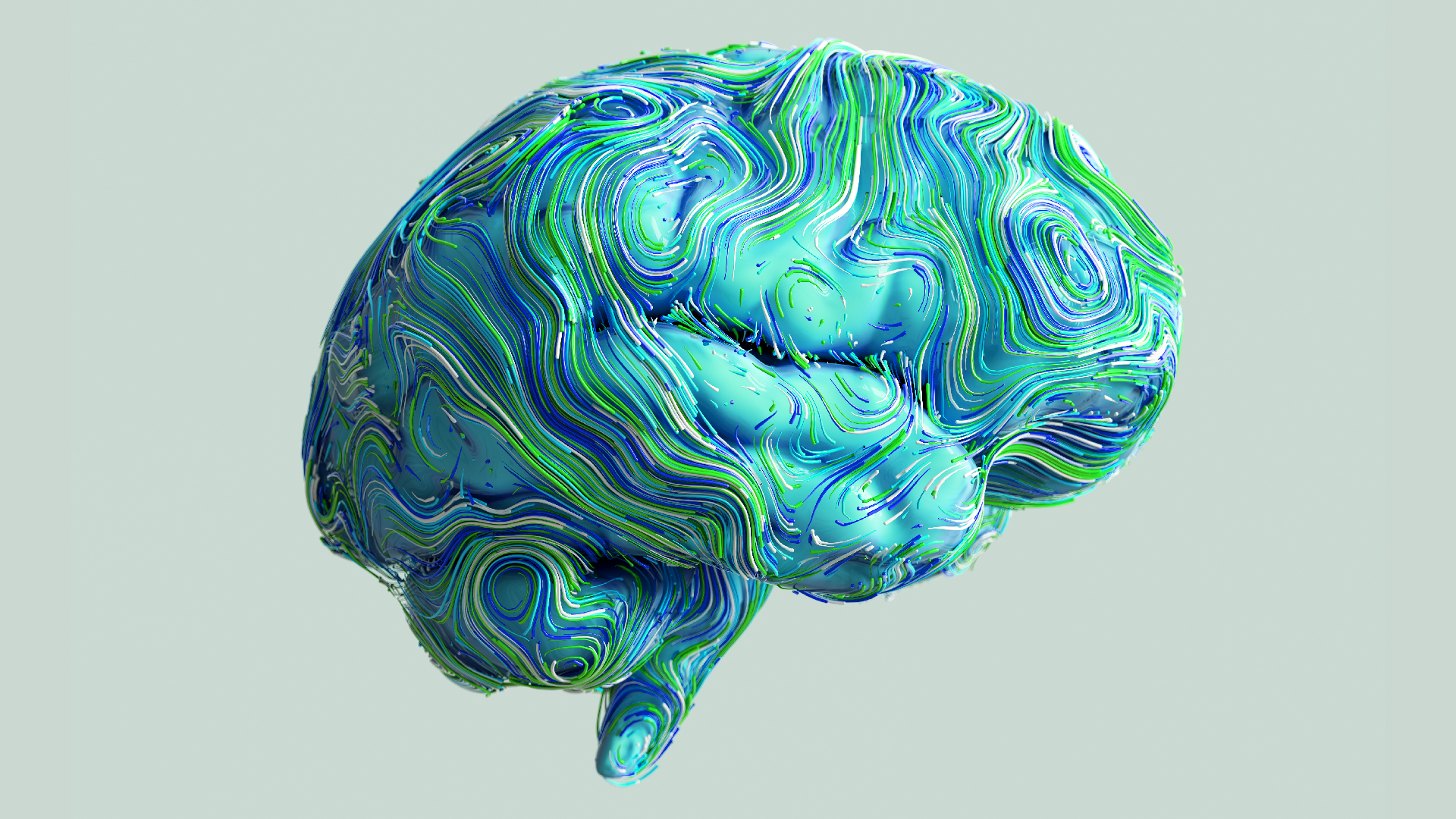5 Weird Effects of Bug Bites
Introduction

Most bug bites are just itchy and annoying and, for the most part, stick around for only a few days. But in rare cases, bug bites can have some strange effects, from heart attacks to paralysis.
Here are five really weird effects of bug bites:
Heart attacks

You probably know that bug bites can cause (sometimes very serious) allergic reactions, but what about heart attacks?
Indeed, in rare cases, insect bites and stings can trigger heart problems, including heart attacks. That's what happened to a 45-year-old man in England who was stung by a wasp. Although he'd never had an allergic reaction to a bite before, he suddenly developed a rash and an ache in his left arm after being stung by a yellow jacket, according to a 2017 case report.
The man's heart attack turned out to be the result of a severe allergic reaction to the sting. Doctors think that his immune system cells caused plaque in his artery to burst, reducing blood flow to the heart.
Erections

It's a "natural Viagra" of sorts: The venom of a South American spider can cause long, painful erections.
Men who are bitten by the Brazilian wandering spider (Phoneutria nigriventer) can experience severe symptoms, including hours-long erections. This happens because a toxin in the venom, called PnTx2-6, raises levels of nitric oxide, a chemical that increases blood flow and is involved in producing erections.
In fact, researchers are studying whether PnTx2-6 could be used to develop a new drug to treat erectile dysfunction.
Meat allergy

It's a steak lover's nightmare: You suddenly become allergic to red meat.
But this can happen to people who are bitten by lone star ticks (Amblyomma americanum), found in the southern and eastern United States. In rare cases, people bitten by these ticks develop an allergy to a molecule called "alpha-gal" (galactose-alpha-1,3-galactose) which is found in beef, pork, lamb and other red meats.
People with this allergy can develop hives, swelling, nausea or other allergy symptoms about 3 to 6 hours after eating red meat. More rarely, people may experience a life-threatening allergic reaction known as anaphylaxis.
The main treatment is strict avoidance of red meat, although some patients may be able to tolerate small amounts of red meat over time, according to Vanderbilt University Medical Center.
Stroke

Insect stings can not only trigger heart attacks but also lead to strokes. That was the case for a 44-year-old man in Ohio who was stung on his leg by a wasp, according to a 2016 case report.
About an hour after getting stung, the man developed symptoms of stroke, including difficulty speaking and paralysis on one side of his body.br> There are several ways a wasp sting could trigger a stroke. Compounds in wasp venom cause a person's blood vessels to constrict, which could potentially lead to a stroke. (A stroke happens when blood flow to part of the brain is blocked.)
Wasp stings could also trigger an irregular heartbeat that increases the risk of blood clots, which, in turn, could lead to a stroke, the report said.
Paralysis

No one likes mosquito bites. But in rare cases, they can lead to a life-threatening neurological illness.
This can happen when people contract West Nile virus, which is spread by mosquitoes. Most people who are infected with West Nile virus don't have any symptoms, but about 1 percent develop severe neurological symptoms, including convulsions, vision loss, numbness and paralysis, according to the Centers for Disease Control and Prevention. In 2016, it was reported that an Arizona man became paralyzed from the waist down after he contracted West Nile from a mosquito bite.
Neurological symptoms happen when the virus crosses the blood-brain barrier and causes inflammation of the brain or the tissues that surround the brain and spinal cord.
Sign up for the Live Science daily newsletter now
Get the world’s most fascinating discoveries delivered straight to your inbox.

Rachael is a Live Science contributor, and was a former channel editor and senior writer for Live Science between 2010 and 2022. She has a master's degree in journalism from New York University's Science, Health and Environmental Reporting Program. She also holds a B.S. in molecular biology and an M.S. in biology from the University of California, San Diego. Her work has appeared in Scienceline, The Washington Post and Scientific American.
Flu: Facts about seasonal influenza and bird flu
What is hantavirus? The rare but deadly respiratory illness spread by rodents










